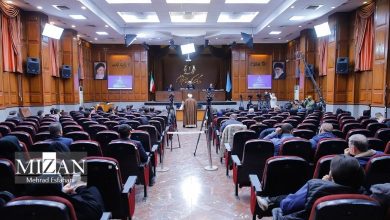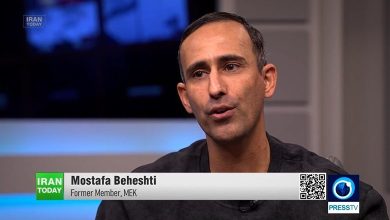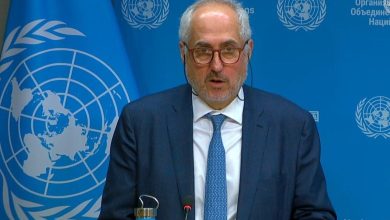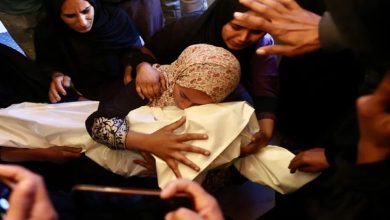Association for Defending Victims of Terrorism – UN website reported, With all the major indicators for Afghanistan’s security and development looking “negative or stagnant” as international troops withdraw, the threats that lie ahead cannot be overstated, the top UN official in the country told the Security Council on Tuesday.
From politics to security, the peace process to the economy, Deborah Lyons, Special Representative and Head of the UN Assistance Mission in Afghanistan (UNAMA), said the “possible slide toward dire scenarios is undeniable”.
she said, what happens there is “of global consequence”, and the Security Council needed to be fully aware of the gravity of the situation.
The decision to pull out was part of the February 2020 agreement between the US and the Taliban to create space for peace among Afghans, instead, “actions on the battlefield have been far greater than progress at the negotiating table”, she added.
Through its intensified military campaign, the Taliban has taken more than 50 of Afghanistan’s 370 districts since the beginning of May.
“Most districts that have been taken surround provincial capitals, suggesting that the Taliban are positioning themselves to try and take these capitals once foreign forces are fully withdrawn”, warned the Special Representative, calling it “a tragic course of action” that would lead to “increased and prolonged violence” and threaten to destroy much of what has been built and hard won over the past 20 years.
However, she noted that any efforts to install a militarily imposed Government in Kabul would “go against the will of the Afghan people and against the stated positions of the regional countries and the broader international community”.
Meanwhile, nearly one-third of Afghans face emergency levels of food insecurity, as drought worsens, and internal displacements increases.
“The World Bank has estimated that as a result of the conflict, and the severe third wave of COVID, the drought, the weakened social fabric, and other factors, Afghanistan’s poverty rate could rise from 50 per cent to more than 70 per cent”, warned Ms. Lyons.
In the first quarter of the year, civilian casualties increased by 29 per cent compared to that of last year, the UNAMA chief said, noting that women casualties increased by 37 per cent and children by 23 per cent.
“Parties must immediately…implement civilian protection measures”, she stressed.
The UN official said there was barely time left “to prevent a worse-case scenario from materializing”, pointing to the reality that “increased conflict in Afghanistan means increased insecurity for many other countries, near and far”.
“A fragmented conflict creates a more permissive environment for terrorist groups to recruit, finance, plan and conduct operations with a global reach”, she attested, adding that one of UNAMA’s key objectives is to “continue to work with all partners”.
Any future Government will need international engagement and support, she said, upholding that this is “not the time to weaken our resolve or, worse, to contribute even inadvertently to the ongoing signals of despair”.
“There is only one acceptable direction for Afghanistan…away from the battlefield and back to the negotiating table”, concluded the UNAMA chief.





